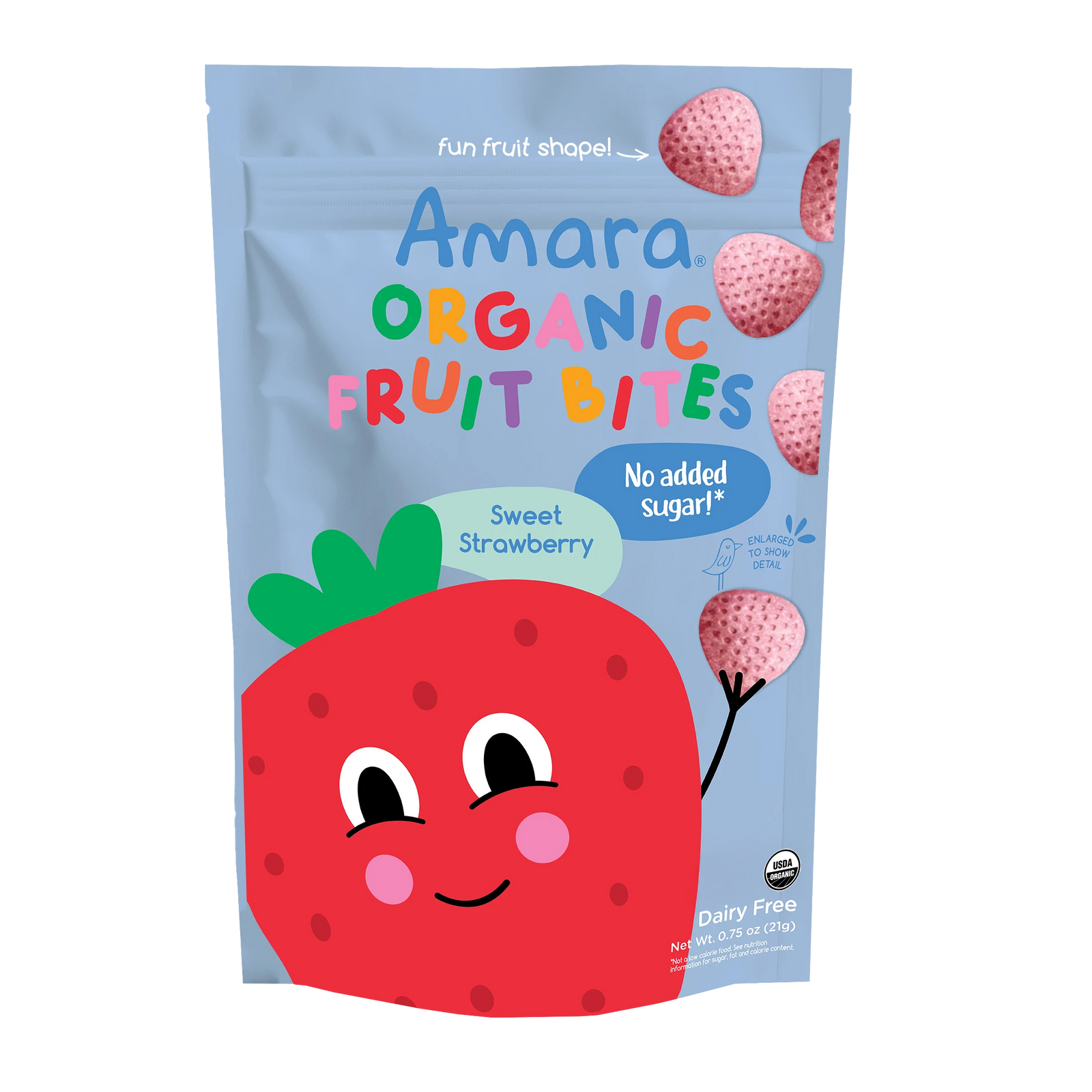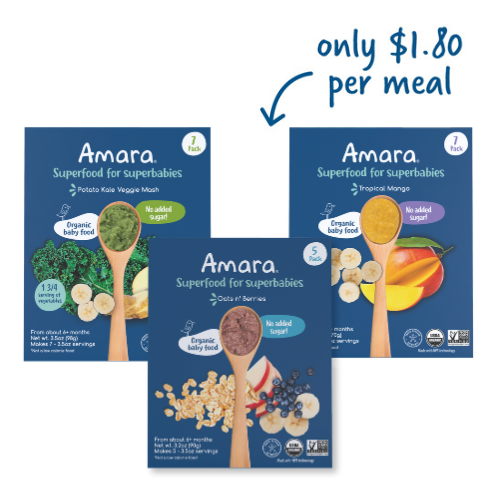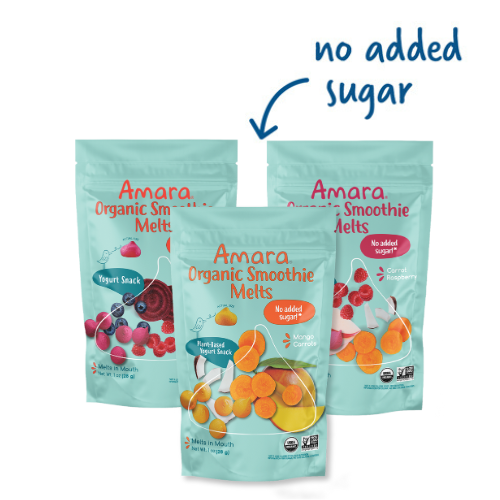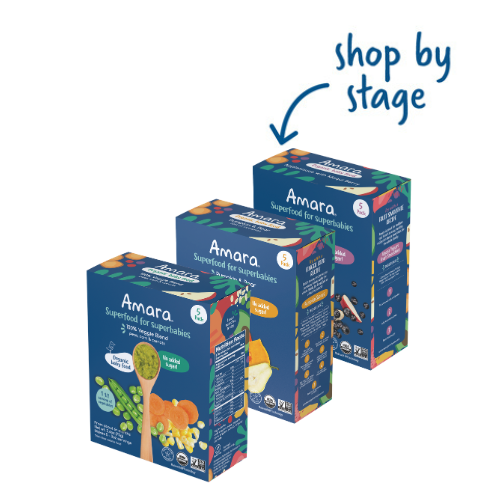
The morning I learned I was pregnant with my first child, I enjoyed a few minutes of blissful celebration before my mind immediately began racing through a reel of everything I’d already done wrong: I had three bites of tuna yesterday at lunch; I took some Advil last weekend, didn’t I?; I drank an extra cup of coffee yesterday morning before my dissertation defense… I was berating myself for what I’d eaten before I’d known I was pregnant for even five minutes.
These days, the notion of eating well during pregnancy tends to be *seriously overshadowed by The Food Rules (aka “what not to eat,” aka “forbidden foods,” aka “wait, wait— youate what?!,” aka “dirty looks when you place your order at the corner market”) and weight-gain guidelines (which are overly rigid, IMO).
This^^ is a real shame, because our preoccupation with these two threads — food restrictions and weight gain — has effectively overshadowed the larger, more important conversation abouthow to eat a nourishing, healthful diet during pregnancy.
Let me tell you what I learned after conducting years of research into the origins of these and other prenatal norms for my book, Carrying On:the best “pregnancy diet” is actually just… a healthy, balanced diet.(Also, why are we still labeling various approaches to eating “diets”? Can’t we come up with something better? Anyone?)
Yes, we in the modern U.S. tend to think of pregnancy as this outlying period, a distinct interval set off from “normal life” (a laughable concept on its own in the ashes of a pandemic…). But with regard to nutrition, the reality is that the same sound guidance for eating well doesn’t really change much, if at all, during pregnancy.
The interesting thing is, when it comes to medical advice about prenatal nutrition, there’s a long history that echoes many of the same underlying debates still ongoing today. Here’s what I mean:
- People have been telling pregnant women what to eat — and what not to — for as long as there have been people (at least, people that have left any sort of written records). Various cultures and generations have treated (certain) foods as hazardous during pregnancy, and the many and varied food taboos and restrictions over the years helped pave the way for the current prevailing mindset, which is — ridiculously — to approach food with a sense of fear and trepidation during pregnancy. WTH?!
- The longstanding impression that pregnant women are somehow “fickle” or “capricious” — especially when it comes to our appetites — remains widespread.We hear about this proverbial “erratic, wild pregnant woman” in conversation. We see her depicted in movies, television shows, commercials.We are treated like her.And the stereotype has ramifications. How many of us have second-guessed our own sensibilities because of it? Should we eat this? Should we eat that? Am Ireally hungry?
- From the late 1800s onward,advice to pregnant women about how, when, what, and how much to eat has changed like the wind. I found evidence of numerous different fad diets championed by various medical personalities — including the so-called “fruit diet” and “milk diet,” both of which wereexactly what you think they were — and despite the fact that their actual regimens seemed *insane (just MILK? Seriously?), the underlying premise nonetheless strikes me as all too familiar: a recent (unfounded) dietary craze adapted to the pregnant body.
Running against these currents, though, the best evidence — in the past and in recent years — all suggests thateating well during pregnancy should look relatively the same as eating well during any other life stage.Yes, yes, okay, okay, I admit there are a few things that experts advise avoiding — but so many many of our fears are ungrounded, or else blown entirely out of proportion.
There should be joy in eating, after all, right?
The truth is, sound nutritional guidance has in fact changed little over time. Despite a continuous, never-ending cycle of #trendingdiets, the same basic advice about how to eat well has always been more or less the same: to eat wholesome, varied, fresh,real foods. That is true during pregnancy, just as it is true during any other life stage, whether it’s infancy or childhood, adolescence, adulthood, postpartum or what have you.
 |
In the baby food department, Amara has you covered! Check out the full line of organic baby food — every blend is nutrient dense and made from real, fresh ingredients picked at peak harvest. It’s just like homemade (actually, compared tomy homemade, it’s better). |
And if you’re interested in trying to get to the bottom of mainstream prenatal advice such as how to eat, I invite you to check out my book, Carrying On: Another School of Thought on Pregnancy and Health.Carrying On investigates the origin stories of prevailing prenatal health norms by exploring the evolution of issues at the center of pregnancy, ranging from morning sickness and weight gain to ultrasounds and induction. When did women start taking prenatal vitamins, and why? When did the notion that pregnant women should “eat for two” originate? Where did exercise guidelines come from? And when did women start formulating birth plans?
An open-ended, science-basedreconsideration of much of what we expect and assume about prenatal health and maternity care, Carrying On is not your average pregnancy book. It won’t tell you what to do, airbrush over difficult topics, or moralize, I promise you. Instead, with one foot in the past and the other in the present, the book explores how and why we treat pregnancy — and pregnant women — the way we do in this country.








Leave A Comment